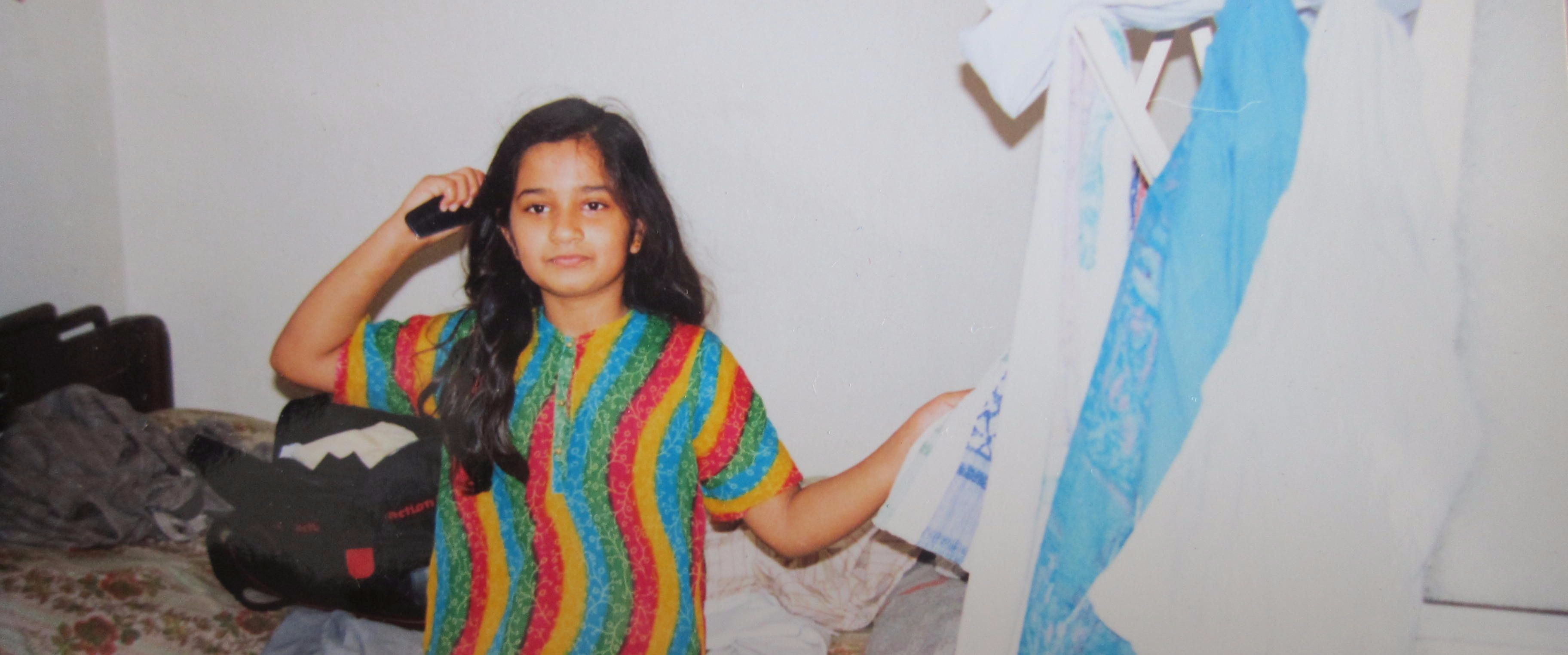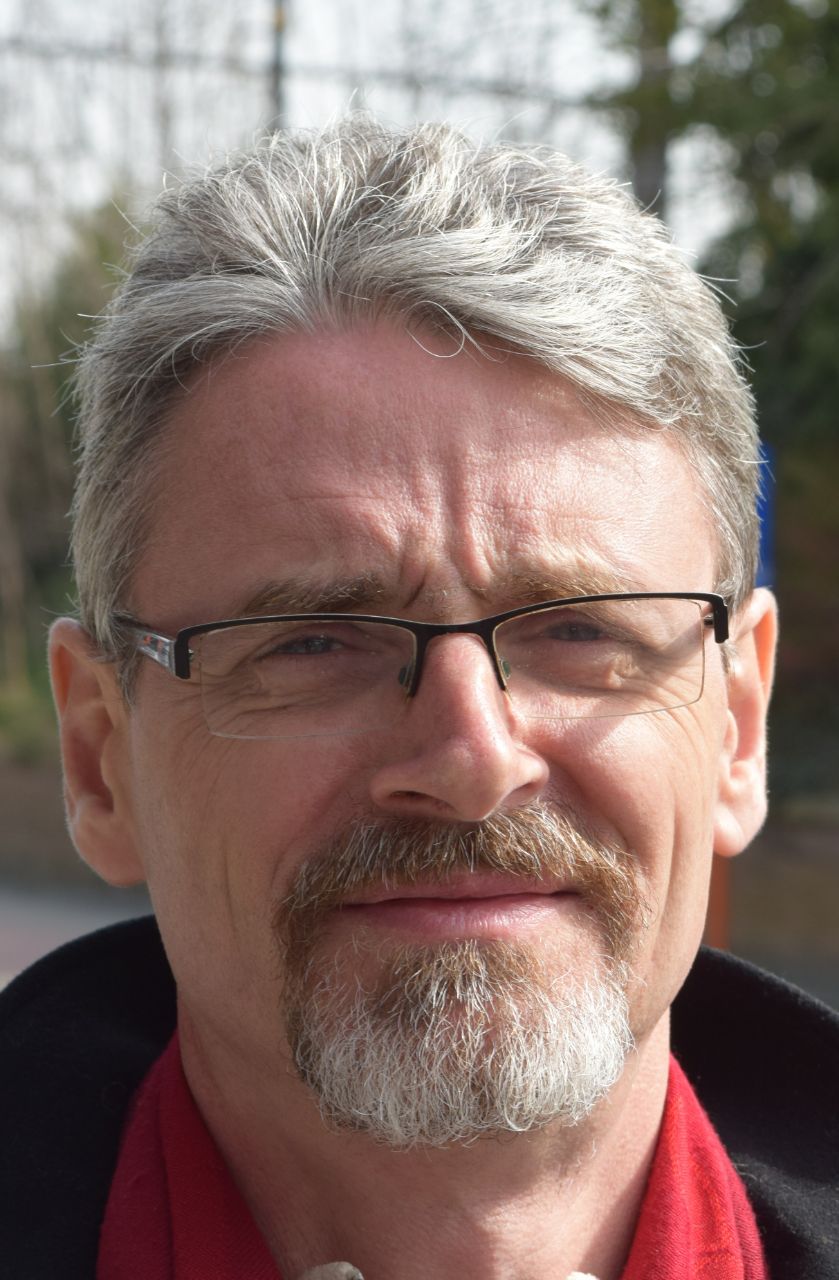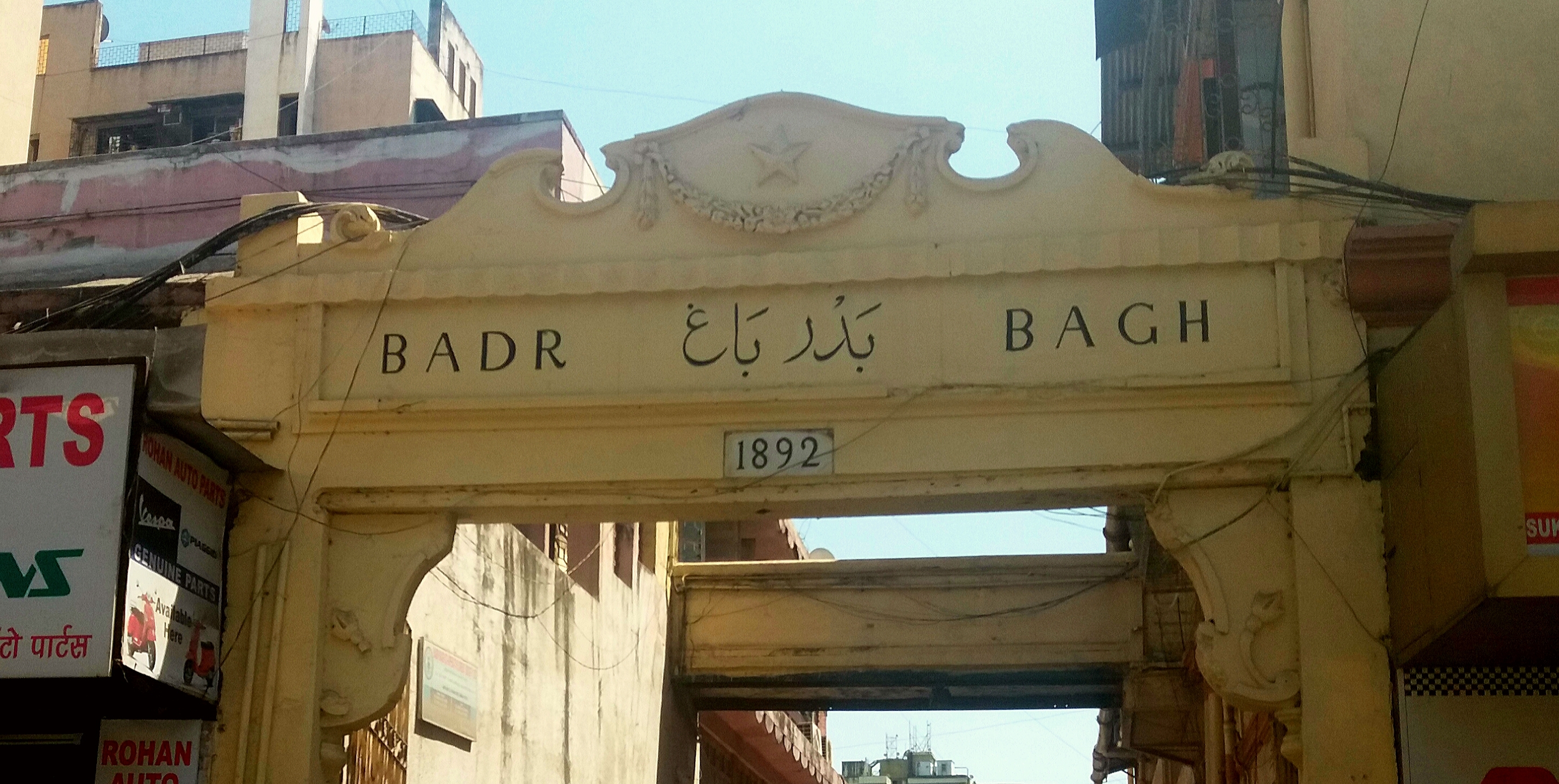by Koen Van den Brande
Age: 55
Country: India
More than ten years ago, in a nikah ceremony in Karachi, I became a Muslim when I married a member of the Suleimani community.
I was an ‘outsider’, born in Europe and baptised a Christian, but it was clear from the questions I was asked to answer, in order to become a Muslim, that there isn’t such a big difference between the three religions of Abraham.
Since that time I have been adopted by the Suleimani community in Mumbai and elsewhere as ‘one of them’ and I have been embraced as a member of the family and a friend.
I have naturally taken an interest in the teachings of the Prophet – Peace be upon Him – and I have listened with great concern, when those fundamentally sound teachings have been abused and misrepresented, in the interest of men who seek to dominate others, especially women.
Listening to Karen Armstrong and Lesley Hazelton and having read their biographies of the Prophet (PbuH), I have learned to consider the historical context, when trying to understand what the Prophet Mohammed (PbuH) was saying and doing.
And I think that what he was saying about women was nothing short of revolutionary, considering that women in those days were in effect ‘chattels’, the property of men. The Prophet (PbuH) himself married a businesswoman and gave women the fundamental rights to inherit property and to seek a divorce. And when it came to beating women – a commonly accepted practice then – he asked men to try and resolve disputes lovingly and to tone it down in order not to hurt their wives.
It is with that background that I first saw this ‘Hadith’:
“A woman used to perform circumcision in Medina. The Prophet (PbuH) said to her: Do not cut severely as that is better for a woman and more desirable for a husband.”
Such recollections of what the Prophet Mohammed (PbuH) is believed to have said, but did not record in the Quran, are often used to resolve disputes. This Hadith may be considered poorly supported by the academics, but it seems to me to be in tune with Prophet Mohammed’s (PbuH) gentle approach to teaching men how to treat women in a different manner to what they had been accustomed to and to progress gradually in the right direction.
The tradition of ‘circumcising’ not just boys but also girls, predates Islam and continues to be practiced by adherents to other religions, for example by Christians in Egypt and Ethiopia.
Today the world calls this practice FGM, ‘female genital mutilation’. It is – rightly in my view – considered a crime against the human rights of a girl under the laws of many countries.
I myself was circumcised as a six-year-old boy and I still remember the pain afterwards when I had to pee… But in my case and to some degree that of all Jewish and Muslim boys, there was at least a medical justification for the procedure.
There is no such justification for girls and women. Quite on the contrary. The WHO – World Health Organisation – publishes a long list of potential health issues, associated with FGM.
I first became aware that girls were subjected to having their genitals cut – a practice called ‘khatna’ in our community – when my wife told me how she remembered the sharp pain, when an auntie in the community did it to her as a child.
I was enraged and worried and immediately took a closer interest in the anatomy of the clitoris, in order to try and understand the implications.
It turned out we were fortunate. The damage done was not complete. We figured it out together and have no problems.
The answer given most often by women, when asked the reason for this practice, is that it is intended to reduce a woman’s libido and thus make her less likely to be promiscuous.
I wholeheartedly recommend a book, which helped me gain a much better informed perspective on the anatomy of the female sexual organs and the very different ways in which women experience the pleasure of lovemaking.
The title of the book is ‘She comes first – the thinking man’s guide to pleasuring a woman’ and it was written by Ian Kerner, a licensed psychotherapist and well-known counselor on sexuality.
I challenge the Muslim men, who are my family and friends, to become ‘thinking men’ and embrace what this book tries to teach.
Since the time I learned that my wife had been cut, I sort of assumed that this, otherwise rather liberal Suleimani community, must have left this practice behind and that younger generations of women were likely no longer affected…
But there is a problem of course … You cannot really walk up to a woman and ask outright, can you? It is considered a deeply private matter. So it seems many men in the community are unaware.
It was news from Australia that a religious leader of the (Dawoodi) Bohra community had been jailed for FGM, which first made me realise that, if the Bohra community still practiced ‘khatna’, it might be true for the Suleimanis as well.
And so I gently broached the subject during a gathering with friends and family. I was astonished to see that at least one male member of the group was putting up a strong defense for this practice, by justifying it as somehow ‘required’ by Islam.
I read out to him and the group what Dr Ahmed Talib, the then Dean of the faculty of Sharia – Islamic law – at the renowned Islamic university of Al-Azhar in Egypt, had said in 2005…
“All practices of female circumcision and mutilation are crimes and have no relationship with Islam. Whether it involves the removal of the skin or the cutting of the flesh of the female genital organs… it is not an obligation in Islam.”
But to no avail.
So I decided to take on this challenge.
Here, surely is a good example of the sort of thing that brings Islam into disrepute and causes the younger generation to turn away.
We no longer live in the eighth century and mankind has evolved since that time.
Women have acquired rights, just as the Prophet Mohammed (PbuH) had intended they should.
And surely, children cannot be abused like this, in his name.
I propose a few ‘thought experiments’, to try and bring home the need for all religions to evolve over time and to recognise modern standards of what is acceptable and what is not.
Imagine I came to you and declared that I was a follower of the religion of the Aztec people and that my religion requires me to perform a human sacrifice …Would you let me?
Or imagine a group of women decided to create a new religious sect which, recognising that men have a strong sexual urge which often leads them astray, decided to castrate all male children at birth. Would you let them?
What about child marriage. We know Aisha joined the Prophet (PbuH) as his wife at age nine. So, does that mean that child marriage should be allowed today? Surely not!
So I decided to invite the strong women of the Suleimani community, to speak up and show that they can bring about a change to the benefit of their faith.
I firmly believe that the younger generation will increasingly turn its back on the religion, if it is seen as out of step with modern day reality.
I propose to bring a petition or request to the elders of the community and ask them to outlaw this practice, by recognizing it as ‘haram’ and declaring a ‘fatwa’ against it.
My discussions with a cross-section of the community – invariably warm and constructive – have made me cautiously optimistic that there is a way forward, which respects the different views.
Already the leadership of the community has made it clear that there is no compulsion. Also, there is an established principle that where there is no good reason to do something, it is better not to do it. My intervention has generally been welcomed as an opportunity to get to the bottom of this question.
I have no objection to a ‘sophisticated’ and sensitive approach to addressing this issue. There are, after all, women in the US and Europe, who decide to undergo cosmetic surgery or others who choose to even have piercings in that part of their body.
For those who continue to believe ‘khatna’ is a religious duty, let it be practiced only by women who have reached the age of adulthood and consent, without coercion, under medical supervision and as a largely symbolic act – as the Prophet Mohammed (PbuH) is reported to have said – not ‘severely’.
The Daim al-Islam is for the Suleimani community, as it is for the Bohras, the authoritative rulebook on what to do and how to do it.
With the help of the person who told me initially that the practice of ‘khatna’ was mandatory for girls, I discovered that what I am proposing as a change is –- to my reading and with a bit of goodwill – fully supported by this book of rules.
First of all, one paragraph appears to echo the earlier-quoted hadith, by recognizing that it is better to ‘leave part’ in the interest of both the woman and her husband. In other words, a token cut should be sufficient to show commitment to the associated spiritual objective of ‘cleanliness’ of thought.
Also, it is recommended that a girl should not be cut before age seven, without saying anything to prevent the decision being postponed until the age of consent. For boys on the other hand, where the issue is associated with physical cleanliness, the recommendation is to get it done as soon as possible.
The alternative to the community addressing this issue in its own manner, is that we wait until the government outlaws it, because adherence to the law is a long-standing principle in Islam, which everyone is already committed to.
I have learned that in our community, responsible parents have already progressed to limiting the damage to the removal of the ‘clitoral hood’ and that these days this – what they consider a ‘minor’ cut – is performed under local anesthetic and by a medical practitioner.
Other families have quietly banned the practice, from my generation onwards.
However, even with a medically safer approach, there is still the question as to whether it is right or necessary to subject a young girl to this procedure and it is increasingly unclear to me to what end. ‘Clitoral unhooding’ is a procedure chosen by adult women in the West, who seek higher sensitivity in that area and I really doubt this is what parents are seeking to achieve for their daughters …
Ultimately it may still be necessary, to implement a legal framework to protect girls in communities who are in danger of being harmed, without the benefit of a more liberal and informed society around them.
But would it not be much better if the community itself tackles this problem, rather than being forced to do so by law?
In the UK, FGM has been illegal for many years. When it recently became clear that it continued to be practiced and that there had been no convictions to date, Parliament proposed to strengthen the law to include as ‘guilty’ those who know about it and don’t do anything to prevent it.
That is, I believe, our moral duty – to do something to stop this practice – or be ‘guilty’ of a crime if we, knowing it is happening, do nothing about it.
I firmly believe this is the way the Prophet (PbuH) would have wanted it.
After all. He is also reported to have said …
“Whosoever of you sees an evil, let him change it with his hand; and if he is not able to do so, then [let him change it] with his tongue; and if he is not able to do so, then with his heart — and that is the weakest of faith.”
This blog is the second in a three-part series that describes the practice of FGC within the Suleimani Bohra community. Read the others here and here.






